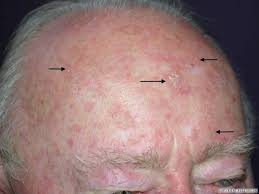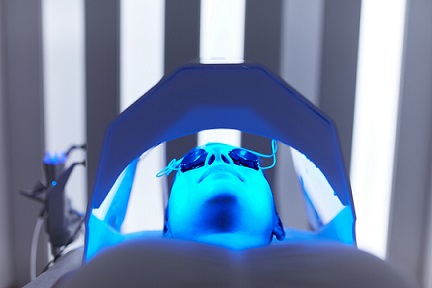Does IV NAD+ reduce skin cancer risk?
By Robert S. Bader, M.D., Dermatologist |
Patients are always asking what they can do to reduce their risk of getting skin cancer. Most know about sunscreens and sun-protective clothing. But there is more that one can do and it is as safe as taking a vitamin. For several years now, I have recommended niacinamide 500mg twice a day by mouth (it…
Actinic Keratosis Treatment with 5-FU? Is that best?
By Robert S. Bader, M.D., Dermatologist |
Actinic keratosis is a pre-malignant condition that, if untreated, can progress to squamous cell carcinoma. In most cases, this is caused by chronic, repeated Sun-exposure. 5-fluorouracil (5-FU or Efudex or Carac) is an old treatment for actinic keratosis that has been used for decades, but is it best? In short, yes if used correctly. What…
Photodynamic Therapy for Actinic Keratosis: Is it worth the hype or isn’t it?
By Robert S. Bader, M.D., Dermatologist |
It seems like every Dermatologist is recommending photodynamic therapy (PDT) for the treatment of actinic keratosis to their patients these days. Why the sudden explosion with this treatment? Is it really that good? Is it really the best? Is it really what we should be recommending to our patients? The simple answer is yes and…
Vitamin reduces the risk of skin cancer
By Robert S. Bader, M.D., Dermatologist |
The prevention of the two most common types of skin cancer and pre-cancers is possible by taking an inexpensive, widely available, oral pill twice daily. Vitamin B3 , a supplement called nicotinamide, cut the rate of new squamous cell and basal cell carcinoma by 23% among patients who were at high risk for the development of…
Actinic Keratosis (Pre-Cancer)
By Robert S. Bader, M.D., Dermatologist |
Actinic keratosis (AK or Solar Keratosis) is the most common precancerous condition affecting the skin. In nearly all cases, these lesions form on skin that has been damaged by chronic exposure to ultraviolet (UV) rays from the sun and/or indoor tanning beds. Do I have to treat these lesions? If left untreated, these precancerous lesions may…





